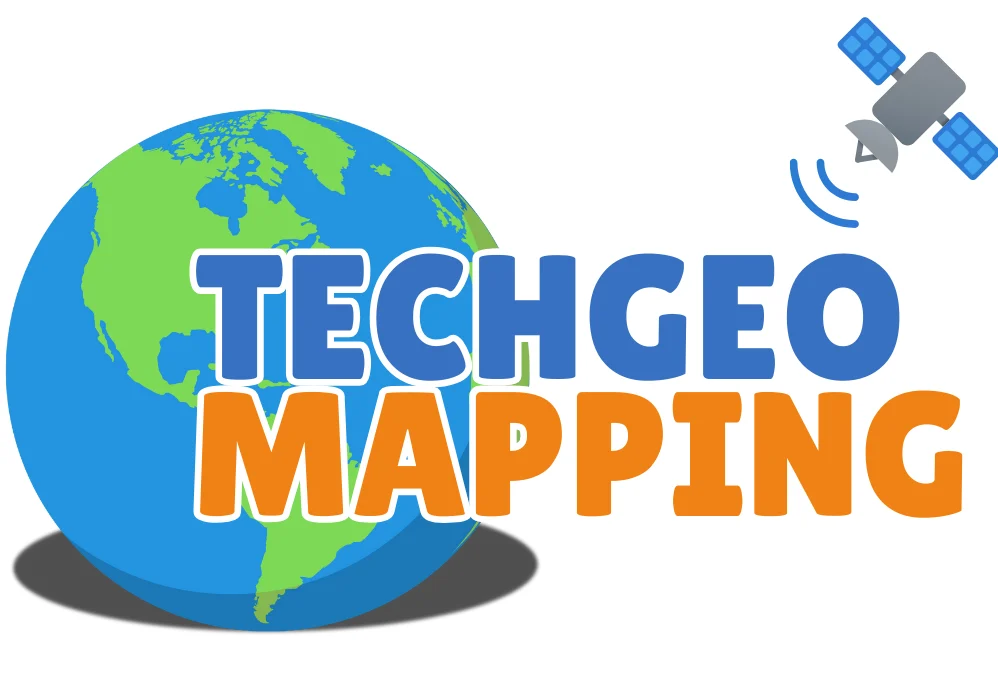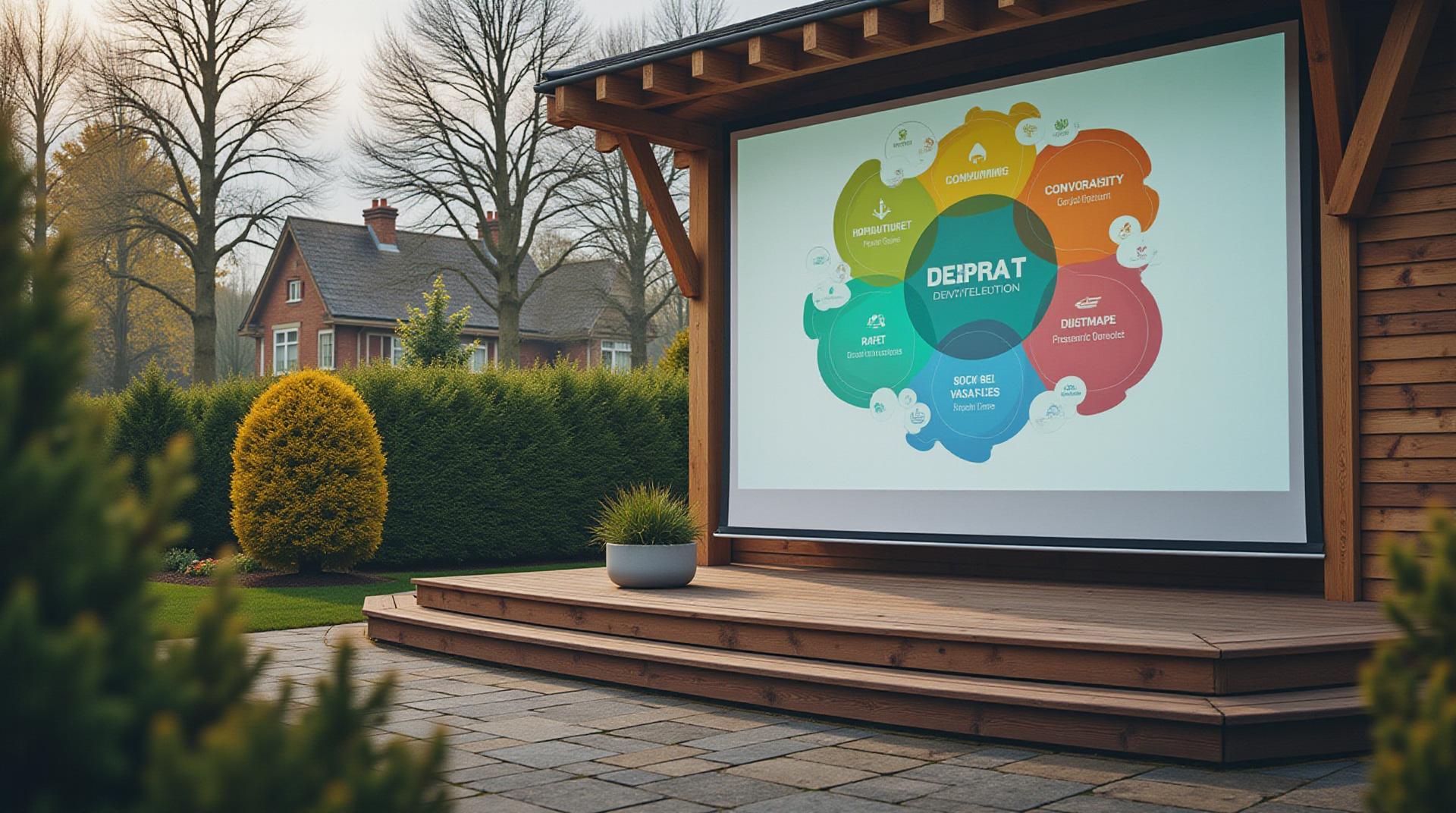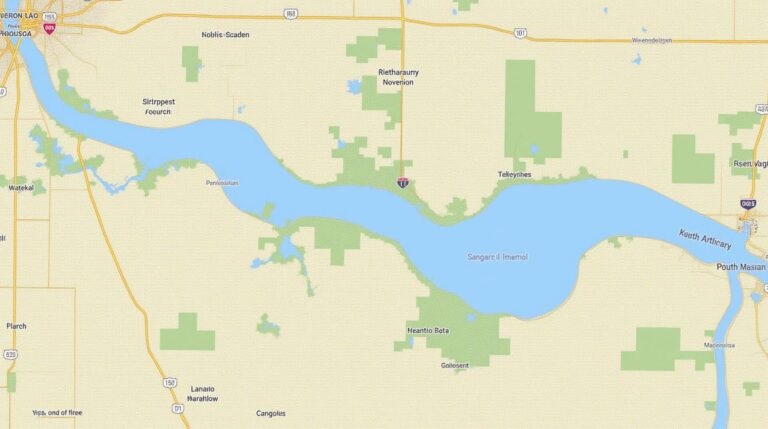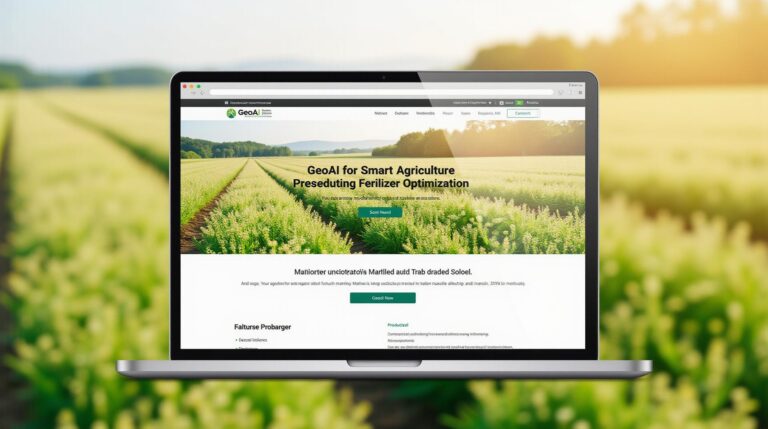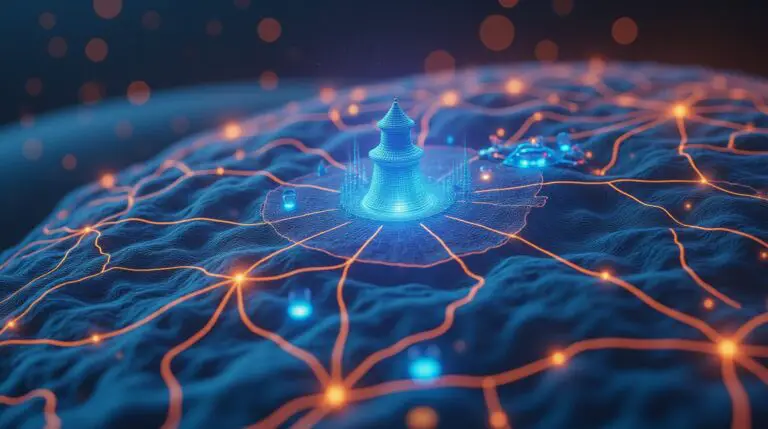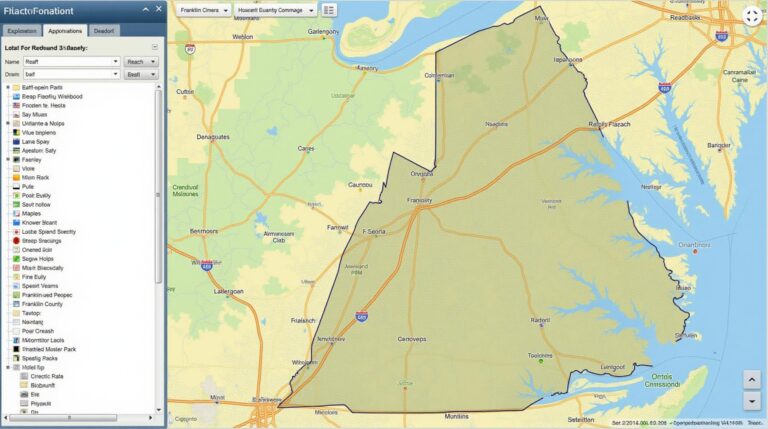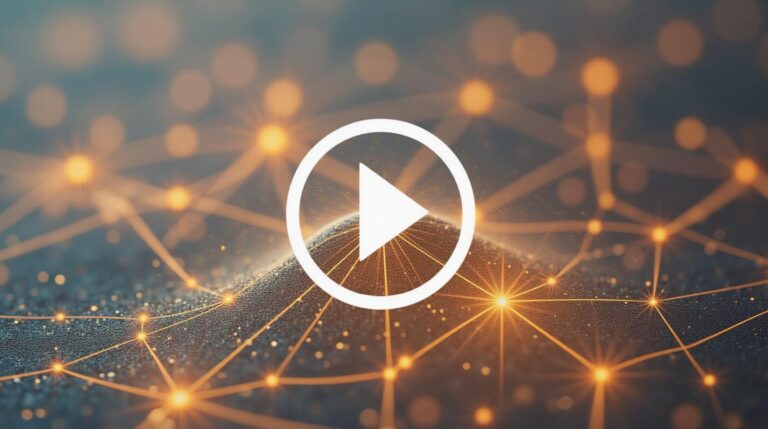GeoAI for Smart Waste Management – Resource Optimization
GeoAI for Smart Waste Management – Optimizing Resource Utilization
Waste management is a critical concern globally. As population grows and urbanization intensify, efficient management of waste becomes even more crucial. GeoAI is emerging as a powerful tool to revolutionize waste management practices, driving resource savings, and helping address environmental challenges. Let’s explore the fascinating world of GeoAI for smart waste management and uncover how it’s transforming the industry.
Understanding GeoAI
GeoAI, or Geographic Artificial Intelligence, is the application of AI algorithms to analyze vast amounts of geographically-related data. This data includes locations, coordinates, user location, and historical records, enabling advanced analysis and prediction of environment and resource behavior. GeoAI utilizes techniques like machine learning and computer vision to extract insights and make data-driven decisions.
Key Features of GeoAI for Smart Waste Management
- Waste Characterization: GeoAI uses image recognition to understand the types of waste materials being produced, be it plastic, paper, organic, or electronic waste, at different locations. This provides valuable insights into resource composition and enables efficient treatment.
- Predictive Analytics: By analyzing historical waste data, GeoAI can predict future waste generation peaks and seasonal fluctuations. This helps adjust collection schedules, optimize resource allocation, and prevent overflowing landfills.
- Real-Time Monitoring: Real-time monitoring tools enabled by GeoAI help track waste collection progress from the start to the collection point and shed light on operational efficiency and waste diversion rates.
- Location-Based Collection Optimization: Based on waste composition and density, GeoAI can effectively optimize the location of waste bins and transfer stations, effectively increasing collection efficiency and reducing transportation costs.
- Route Optimization: Optimizing transportation routes for waste collection using GeoAI helps lower fuel consumption, reduce emissions, and improve overall logistics efficiency within the waste management system.
Benefits of Employing GeoAI in Waste Management
The implementation of GeoAI delivers significant benefits across the entire waste management ecosystem:
- Resource Efficiency: Accurate waste categorization and optimized collection strategies minimize wasted resources and enhance recycling rate.
- Environmental Impact: GeoAI helps reduce greenhouse gas emissions and minimize pollution caused by unsustainable waste management practices.
- Improved Operational Efficiency: Real-time monitoring and optimized workflows increase operational efficiency, leading to cost savings.
- Better Citizen Collaboration: GeoAI empowers informed citizen participation in waste segregation and encourages responsible waste management behaviors.
Practical Applications of GeoAI in Waste Management
Numerous real-world applications demonstrate GeoAI’s effectiveness in transforming waste management:
- Smart Waste Bins: Integrating sensors and GPS tracking, smart waste bins help users monitor their fill level and optimize waste collection schedules based on real-time data.
- Waste Sorting and Sorting-exempt technologies: By analyzing images using computer vision, GeoAI can identify and sort different types of wastes for further processing or treatment.
- Demand Forecasting: Predictions made through GeoAI help municipalities monitor waste volume and plan for collection and processing capacity efficiently.
- Smart Collection Routes: GeoAI models optimize collection routes, planning schedules in real-time by identifying areas with excessive waste density.
Maximizing the Impact of GeoAI
To harness the full potential of GeoAI, consider:
- Build a Robust Data Infrastruture: Start by collecting comprehensive datasets of waste composition, collection frequency, locations, and processing outcomes.
- Employ Carefully Chosen Algorithms: Utilize algorithms that are optimized for your specific waste management scenarios and data characteristics.
- Prioritize Continuous Learning and Optimization: GeoAI is a continuously evolving field with new advancements emerging. Implementing feedback loops to refine algorithms over time is crucial for its ongoing effectiveness.
Connecting with Resources
Looking to delve deeper into GeoAI for Smart Waste Management? Resources outlined can demystify the technology and provide valuable insights:
- Research Papers: Explore academic journals and publications on related topics like machine vision in waste management.
- Industry Conferences: Stay current with the latest developments in GeoAI by attending relevant industry conferences.
- Online Communities: Engage with experts and potential collaborators through online discussion forums dedicated to GeoAI and waste management.
By diligently implementing these strategies and partnering with tech enthusiasts, businesses can pave the way for a sustainable and efficient waste management future. GeoAI paves the way for smarter, greener, and more responsible ways to manage our most pressing environmental issues.
Check similar topics:
## FAQs for GeoAI Waste Management
**> What is GeoAI Waste Management?**
GeoAI waste management leverages Geographic Information Systems (GIS) and artificial intelligence (AI) to analyze and manage waste. It involves using data about waste, locations and schedules to optimize resource efficiency, predict waste accumulation points, identify potential problems, and maximize recycling and composting rates.
**> Do you offer other software/tools for GeoAI Waste Management?**
At www.techgeo.org we offer a comprehensive platform – **GeoAI Waste Management & Optimization**
Here, our platform combines a variety of features and tools that allow for the development of custom applications for your specific needs, making it adaptable.
**> How is GeoAI Waste Management Different from traditional waste management methods?**
GeoAI Waste Management offers several advantages over traditional methods:
* **Increased Efficiency:** Optimizes waste collection routes, scheduling, and disposal processes.
* ** Data Driven Decisions:** Uses predictive analytics to identify waste hotspots and potential problems.
* **Enhanced Sustainability:** Supports better resource management, waste reduction, and recycling/composting rates.
* **Improved Transparency:** Tracks waste data in real-time and provides clear insights to decision-makers.
**> What are the available formats of the software/platform?**
The GeoAI Waste Management & Optimization platform is accessible through a user-friendly web interface.
**> Is the software/platform available as a mobile app?**
We understand that mobile access is crucial for real-time waste management. As a team, we are constantly working towards evolving our platform to offer mobile features. For the latest updates, please visit [www.techgeo.org](www.techgeo.org)
**> How is geoai-waste management beneficial for businesses?**
GeoAI waste management helps companies of all scales:
* **Reduce Costs:** By optimizing waste management and recycling systems, you can reduce costs associated with disposal, transportation, and manpower.
* **Improve Brand Image:** Demonstrate sustainability and commitment towards a circular economy, attracting conscientious consumers and investors.
* **Meet Evolving Regulations:** Track waste composition and measure landfill contribution to meet mandatory reporting and compliance.
**> What is the future for geoai-waste-management?**
The field of geoAI waste management is continually evolving to address current challenges and adapt to new possibilities.
As advancements in machine learning and data analytics continue, the integration of AI and GIS will become increasingly sophisticated, facilitating:
* **Real-Time Waste Monitoring and Analysis:** Effectively manage waste with real-time data about loading, location, and handling.
* **Smart Waste Collection Systems:** Automate collection processes through smart sensors and city-wide tracking solutions.
* **Personalized Waste Management:** Implement personalized reminders about recycling recommendations for citizens and businesses
